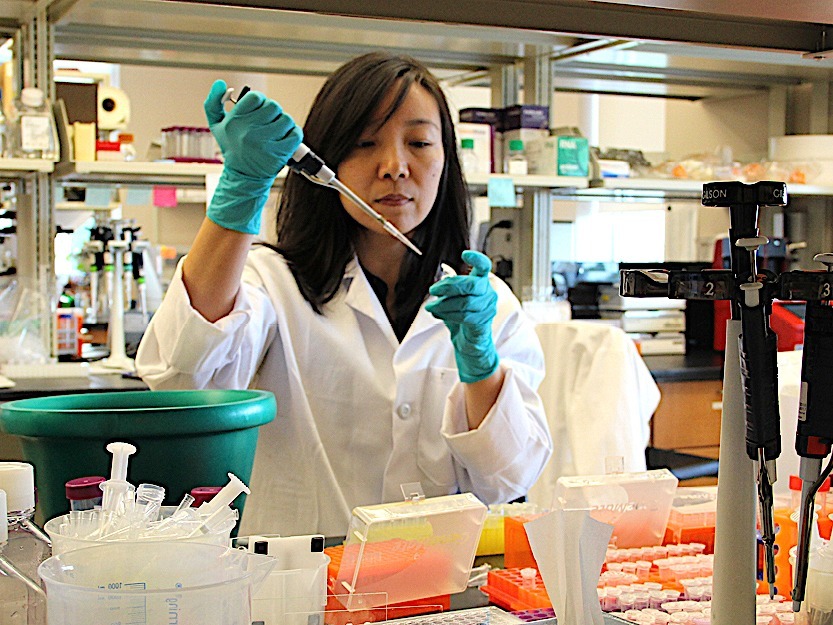Nutrition in Medicine
Researchers at the University of North Carolina Chapel Hill Nutrition Research Institute (NRI) are filling a much needed gap for students in medical schools around the world with its Nutrition in Medicine curriculum.
The curriculum centers on an initiative to bring better nutrition education to medical students and practicing physicians. Many now agree that one of the most important public health measures is to focus on improving individual diet. However, a UNC survey of over 100 American medical students revealed that medical students were underserved in nutrition instruction. Bottom line, medical students need more nutrition knowledge.
To help combat this lack of focus on nutrition as a core element of medical practice, the Nutrition in Medicine (NIM) curriculum offers a series of free, online instruction modules. Nutrition in Medicine, led by the NRI’s Martin Kohlmeier, MD, PhD, and NRI Director Steven H. Zeisel, MD, PhD, is an initiative to incorporate innovative, effective, and current nutrition education into medical school curriculum. This interactive course series includes explanations of how diet directly impacts individual health, and covers core topic such cancer nutrition, cardiovascular disease, nutrition for children, dietary supplements and nutrition for the elderly. The program also teaches the biochemical, clinical and epidemiological elements of nutrition science and offers preventive perspectives of nutrition.
How Will You Get the Right Information?
At the Nutrition Research Institute we’ve dedicated our careers to exploring the potential of personalized nutrition as the key to unlocking optimal health. Every day we roll up our sleeves and mix up how the world looks at healthcare. We’ve even created a training course in nutrition for doctors and medical students so they can help guide their patients to be their healthiest and very possibly prevent illness.
“An ounce of prevention is worth a pound of cure.” – Benjamin Franklin
Your Health is in your Hands and on Your Plate
Precision nutrition holds great potential to enhance our ability to prevent, delay the onset, or mitigate the progression of disease and to improve health outcomes. – Steven H. Zeisel, MD, PhD, Director, UNC Nutrition Research Institute
When physicians provide nutrition guidance, their patients have fewer pregnancy complications and give birth to healthier children. – Martin Kohlmeier, MD, PhD, Professor of Nutrition, UNC Nutrition Research Institute
Diet is the most significant contributory factor associated with cancer, ahead of smoking, alcohol and family history. – Stephen Hursting, PhD, MPH, Professor of Nutrition, UNC Nutrition Research Institute
Two-thirds of Americans are overweight or obese, a factor contributing to a variety of increased health risks, including heart disease, diabetes and some cancers. – Centers for Disease Control and Prevention



